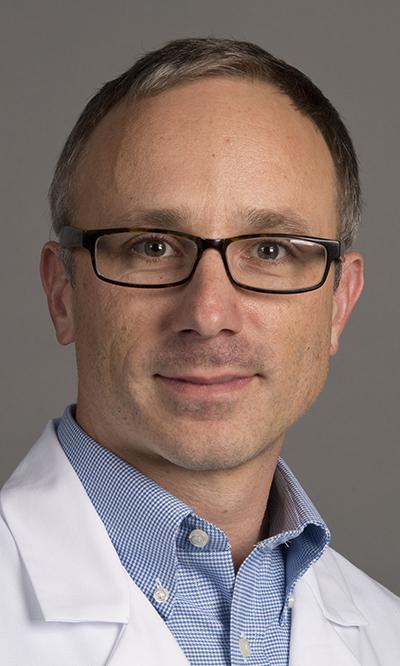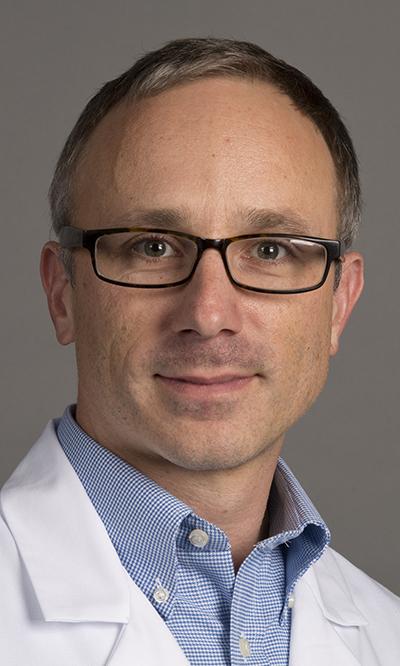
ST. LOUIS — Researchers should include laboratory mice that are old and obese in their studies of immunotherapy treatments for cancer, according to a review article by Saint Louis University scientists.
“Because most cancer patients are older than 60 years of age, it can be convincingly argued that all preclinical studies testing novel immunotherapies or new combinations should include older mice. Yet this approach is rarely taken,” says Ryan Teague, Ph.D., associate professor of molecular microbiology and immunology at Saint Louis University and the corresponding author of the article.
The article was the Feature Review of the June 2016 issue of “Trends in Immunology.”
The potential of immunotherapy, using the body’s immune system to fight disease, to save the lives of cancer patients is undeniable, Teague says. Yet, he adds, scientists are not using the best animal models to predict the effectiveness of immunotherapy in different populations.
Young, healthy mice are nearly universally used in cancer immunotherapy studies even though the immune system grows less responsive with aging. For example, T-cells, which identify pathogens and destroy them, aren’t as plentiful and can’t mount as robust of an attack as those in a younger person.
“Despite decades of research into the gradual deterioration of the immunity system during aging, this still represents fertile territory for clinically significant discoveries. Direct comparisons of old and young mice in translational preclinical investigation is crucial moving forward,” Teague says.
“Older mice represent imperfect but valuable models for human immune aging, and may prove far more accurate than young mice in predicting the efficacy and potential toxicity of novel cancer immunotherapies in this major patient demographic.”
His paper encourages researchers to use animal models that are young and old, lean and obese, and different in microbiota to better reflect the patient groups that develop cancer.
Research mice are considered elderly if they are between 16 and 24 months of age, Teague says.
Obesity and differing gut microbes can similarly impact using the body’s own immune system as a weapon against cancer, Teague says.
“What determines the success of immunotherapy among diverse patient populations? Insight has come from recent mouse studies revealing that age, obesity and microbiota profoundly influence both natural immunity to cancer and the ability to effectively respond to immunotherapy. This area of investigation is in its infancy, but results are sufficiently compelling to force new thinking into how human cancer immunotherapy is modeled in mice.”
###
Lauryn E. Klevorn and Ryan M. Teague are authors of the paper, “Adapting Cancer Immunotherapy Models for the Real World.” The research was supported by a grant from the National Institutes of Health/National Institute of Allergy and Infectious Diseases (NIH/NIAID; RO1A1087764), a Cancer Research Institute “Clinic and Laboratory Integration Program (CLIP) award and a grant from the Siteman Cancer Center and The Foundation for Barnes-Jewish Hospital to Teague. Klevorn was supported by a Saint Louis University Presidential Graduate Fellowship.
Established in 1836, Saint Louis University School of Medicine has the distinction of awarding the first medical degree west of the Mississippi River. The school educates physicians and biomedical scientists, conducts medical research, and provides health care on a local, national and international level. Research at the school seeks new cures and treatments in five key areas: infectious disease, liver disease, cancer, heart/lung disease, and aging and brain disorders.
Media Contact
Nancy Solomon
[email protected]
314-977-8017
@SLU_Official
http://www.slu.edu
The post Cancer studies should include overweight, elderly mice appeared first on Scienmag.





